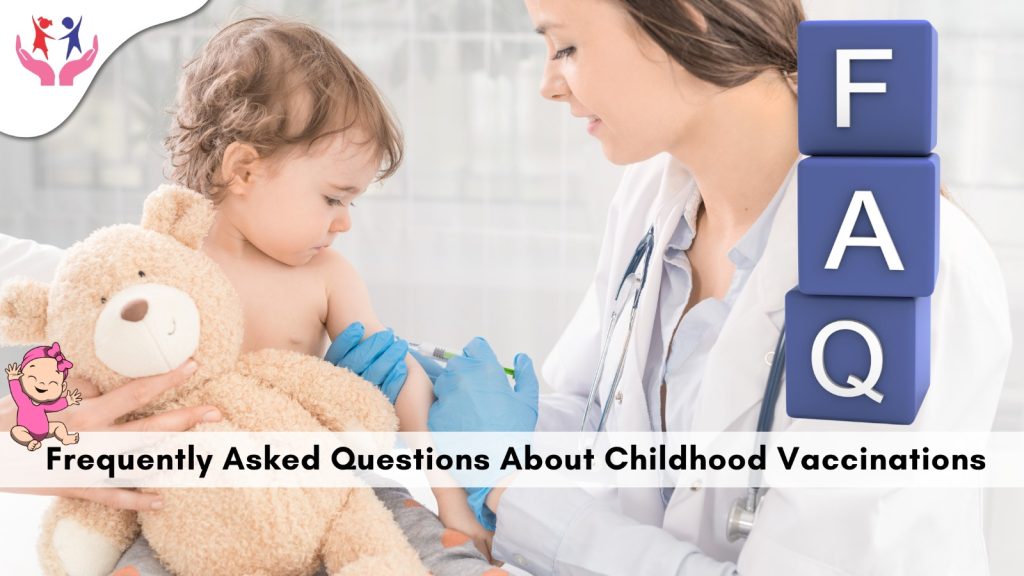Frequently Asked Questions About Childhood Vaccinations
Childhood vaccinations are a crucial aspect of public health, protecting children from various infectious diseases. However, many parents have questions and concerns regarding the vaccination process. Here, we address some of the most frequently asked questions about childhood vaccinations to help parents make informed decisions for their children’s health. What Are Childhood Vaccinations? Childhood vaccinations […]
Frequently Asked Questions About Childhood Vaccinations Read More »

